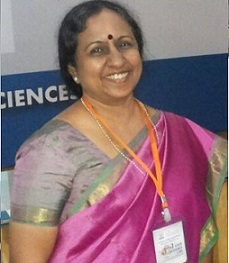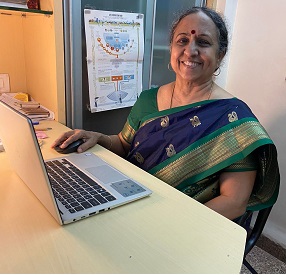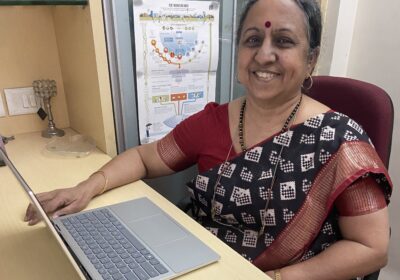Compliance – makes us follow the law. We could be punished or fined if we are not compliant. Ethics – something we most often grow up with. Taught directly or indirectly by parents, other family members and teachers. Integrity – results when we have compliance and ethics deep rooted inside us.
The absence of integrity leads to the breakdown of trust. And this erosion of trust is very expensive! Stephen MR Covey explains this in his book – The Speed of Trust. He quotes the example of the cost of airport security forces, soaring after the 9/11 tragedy!
I would like to talk about the need for integrity in one aspect of academics, research and practice. This is about the use of journal articles. Except for the Open Access journals (or articles), all the others come under copyright protection. Which means, that except for fair use (where one gets a copy from a library, for research or academic purposes), one has to pay a “copyright fee” while downloading
I agree that the copyright fee charged by several publishers is enormous. But the law requires that those who buy articles for commercial use have to pay the copyright fee involved. And for academic (fair) use, one has to get an article from a library, or through a library network.
It is no secret that several corporate entities do not follow the practice of procuring articles by paying the required copyright fee. And that in the academic space, there are other forms of non-compliance. Most of this happens due to a lack of training about copyright compliance. But, what causes concern is that many seem to be turning a blind eye to compliance. And of course that there is no monitoring by any agency, seems to help.
In the recent years emerged “Sci-hub”, which was a site put up by a “researcher” from Kazakhstan. The lady has apparently hosted millions of articles (allegedly obtained by hacking different websites). There is an investigation on, to see if the lady is involved in more than just obtaining journal articles after hacking. Read more about this here. The news about this investigation was in the Washington Post and an email about this was circulated to all University officials in the US, by PSI Registry – an independent organization which works with other stakeholders to enable legal access to documents. The email made a plea to Universities to block Sci-Hub and to enhance security of their websites. PSI also requested all universities to cooperate and share information with each other, about any source of attacks and methods to defend these.
What disturbs me is that even after this, several people have been defending Sci-hub. Their justification is that journals should not be pricing their articles so high. Of course they should not. But…two wrongs do not make a right. How can we justify a Sci-Hub, which is neither compliant, nor ethical? Your neighbour has a lovely show piece – an expensive one that you cannot afford. It appears exactly what you need in your house to complete a beautiful look in your drawing room. Can you just go and steal it?
Instead of finding alternatives, what is it that makes educated people justify the existence of Sci -hub or find “easy” (read unethical) methods of getting articles to read? Can we not find better methods to ensure access to research?
The high cost of access to journal articles has to be tackled for sure. The sooner the better. Advocacy for easier / better / cheaper access is much needed, especially in countries like India. I believe that if journals priced their articles to be much more affordable, they would have lots more legal downloads.
What do we need? Proper education about copyright, for all stakeholders – so that
– Institutions get together and plan for country wide access to journals needed in all medical / allied health colleges. In a way that benefits both publishers as well as the information users
– Academic institutions know who they can and cannot give access to for their subscribed journals
– Researchers, students and faculty get articles through their library and library networks (which may need a lot of strengthening in many parts of India)
This will definitely take time. A difficult commodity these days. Coupled with the need for instant gratification, the situation is tough. Can we all muster the required integrity to take the longer path and drop the need for instant gratification? A tough question that needs answers…





A question well rephrased! Still a question but will prompt efforts for getting right, ethical answer when more people will join.